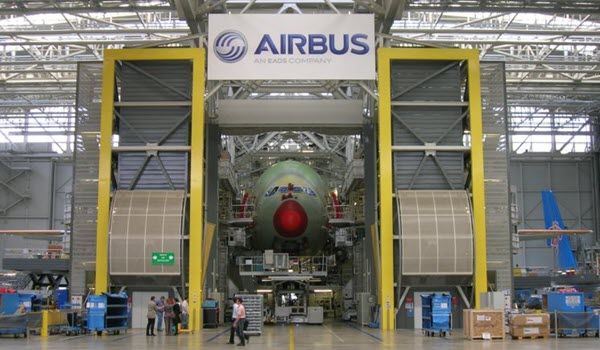As consumer demands are constantly changing, manufacturers are obliged to adapt their structures accordingly. They cannot allow organizations to remain frozen, apply outdated methods or to maintain an old vision of production which no longer meet the demands and would therefore threaten the survival of their companies. The industry of today and tomorrow therefore faces a major challenge which is both to clearly target these new needs and ensure that production follows.

Customer relations: the importance of listening to customers
The production function has long remained at the heart of industry’s activity concentrating all the efforts of entrepreneurs in terms of investment and research. But the marketing aspect has aroused an ever increasing interest, to the point where it is now a top priority.
However, production and marketing are not inseparable: one is nothing without the other. You cannot produce if you do not know how to sell and you cannot sell your production if it is not carried out properly, taking into account information collected from the market.
With the advent of internet and new technologies, customer behavior and desires have changed dramatically. This expresses new needs particularly in terms of quality and speed which must be met if we want to remain competitive.
In this respect, listening to customers is a major challenge. Tools and strategies deployed in this regard sometimes represent very heavy but essential investments.
Information on customer expectations is extremely valuable and modern means of communication (websites, e-commerce platforms, blogs …) are now part of the basic arsenal for collecting, analyzing and exploiting it.
Also see our article on: Innovation and Industry, a continuous evolution.
Once their needs are identified, all that we need to do is to get organized to meet customer expectations. This approach implies setting up a flexible production function that can adjust quickly to this evolving and demanding demand.
All the links of the production chain are likely to be affected by these changes, from design to planning and manufacturing to production monitoring and marketing.
Customer journey: Is it towards custom production?
By seeking to offer products that are resolutely focused on customer satisfaction, more and more companies are opting for production customization. In other words, they are progressively moving towards customized production model almost on demand at the expense of chain manufacturing of identical products. For example, car manufacturers offer their customers to “customize” their future vehicles by focusing on options, colors… The same goes for accessories and clothing manufacturers, who provide their customers with customization interfaces on their websites. But, while mass production can reduce costs, is it possible to customize its offer while preserving its margins? Technical and organizational innovations make it possible: tools such as 3D printing stations widen the perspectives in this context, facilitating the production of highly customized products. Innovative materials, such as carbon fibers and nanoparticles reduce costs while providing remarkable levels of robustness and reliability. The implementation of increasingly sophisticated robots, the permanent exchange of data between the various components of the smart factory and the advent of concepts promoted by the industrial IOT such as collaborative production, also seem to lean towards tailor-made manufacturing, meeting the specific needs of new customers.

About Picomto
Today, industry is linked to a major problem that is the transmission of knowledge. Formalization and sharing of knowledge in an industry is crucial to its present and future. Age structure, good practices, obligation to follow specific procedures…
Picomto is born from this observation and offers the solution to capture and disseminate the industry’s know-how.
A Web and mobile software solution to create, manage, share and analyze operating and maintenance procedures in a visual and interactive way.
Picomto is part of the digitalization of industry, #SmartIndustry #Industry4.0, #Paperless





Leave A Comment